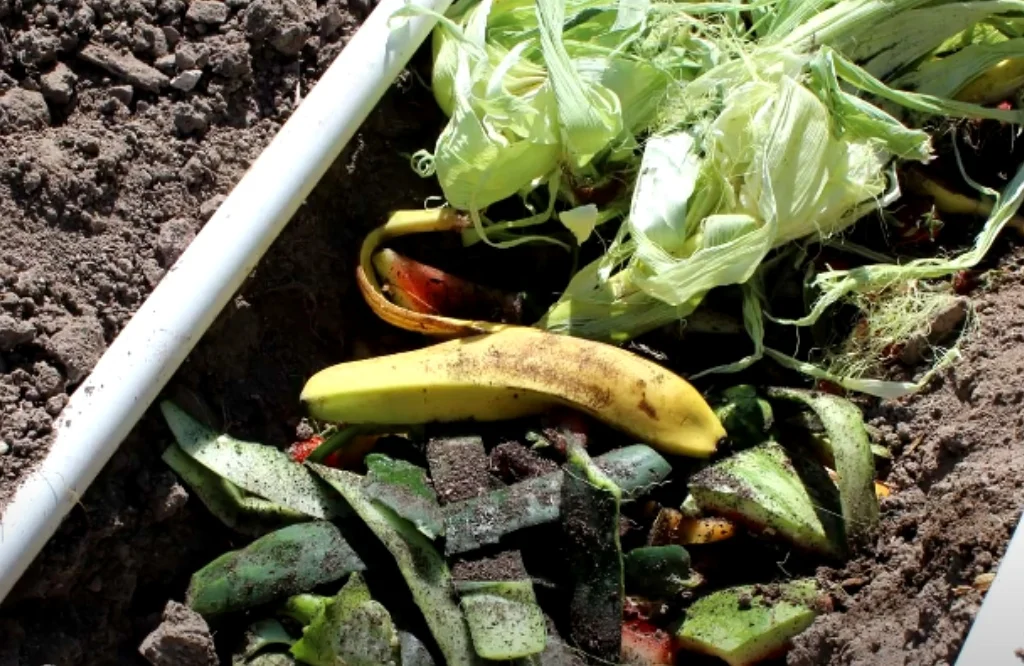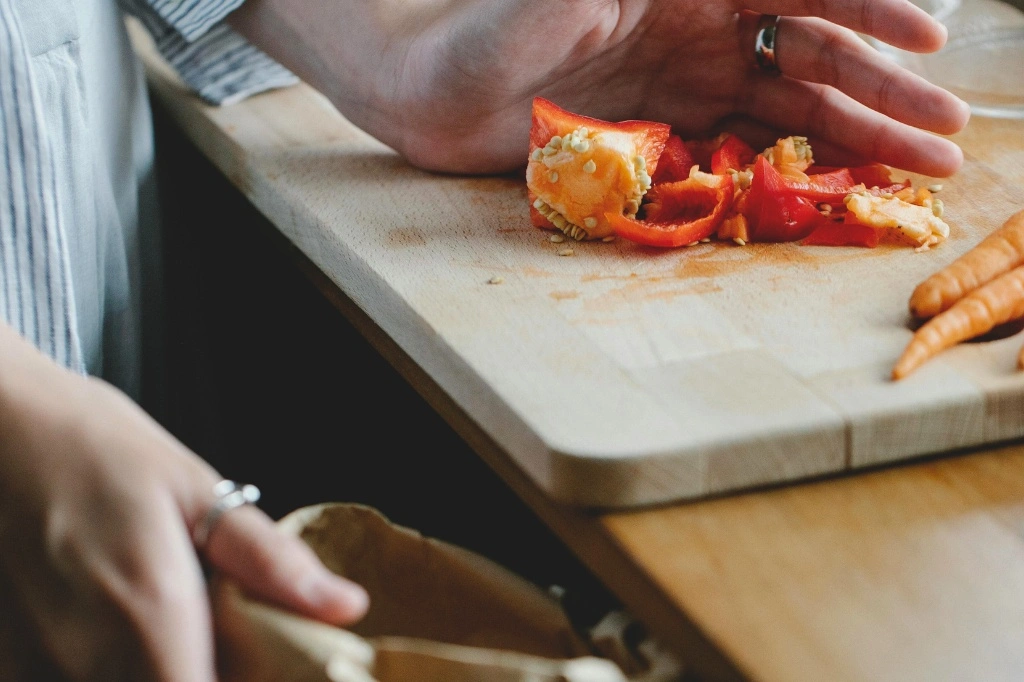
If you have a concept of burying leftover cooking scraps on your lawn, you are embracing a time-venerated method that transforms trash into valuable treasures. Comprehending the processes involved in burying food trash inside the grass allows you to optimize this truthful but powerful technique of improving the soil. This guide explains the ways on burying kitchen scraps, its advantages, and why it is an exceptional way to feature some more planting areas.
Table of Contents
The Process of Decomposition
The first aspect that occurs whilst you bury meal leftovers inside the backyard is decomposition. This is a step-by-step breakdown of the technique:
- First Burial: When you bury kitchen scraps for your lawn soil, together with espresso grounds, vegetable peels, and fruit trash, the soil microorganisms begin to interact with them. These microbes, which consist of fungi and other bacteria, are vital for decomposing organic substances.
- Microbial Activity: The natural count is broken down into simpler compounds using the microorganisms that feed on it. The soil’s herbal moisture content and temperature promote this system.
- Release of Nutrients: When the waste substances are destroyed down, vital nutrients like potassium, phosphorous, and nitrogen are released into the soil. These vitamins assist luxuriant foliage, colorful plants, and sturdy root structures, all of which might be crucial for plant boom.
Burying Kitchen Scraps Has Advantages
Burying kitchen scraps within the garden gives numerous benefits that contribute to healthier soil and flora:
- Soil Enrichment: The decomposed kitchen scraps upload organic waste to the soil, enhancing its structure and fertility. This natural substance allows keep moisture, improves soil aeration, and presents your flowers with a constant delivery of nutrients.
- Reduced Trash: You can also lessen the amount of natural trash that ends up in landfills by burying kitchen waste. In addition to lowering waste, this exercise lowers greenhouse gasoline emissions related to natural fabric decomposition in landfills.
- Better Soil Structure: The addition of organic matter from kitchen scraps outcomes in a greater crumbly and easier-to-paint soil. This better soil shape improves root growth and increases the soil’s ability to maintain water and nutrients.
- Natural Fertilizer: The nutrients released from decomposed kitchen scraps act as a natural fertilizer. This reduces the want for chemical fertilizers, which can be high-priced and might harm the environment. Natural fertilizers from kitchen scraps sell sustainable gardening practices.
Practical Tips for Burying Kitchen Scraps

To make the most of this method, comply with the sensible suggestions:
Choose the Right Location:
Select a niche on your lawn in which you may effortlessly bury scraps. Avoid regions wherein flowers are already developing, because the decomposition process can disrupt present roots. Ideal locations include empty garden beds or regions precise for composting.
Cover Scraps with Soil:
After burying the scraps, cowl them with a layer of soil. This helps to contain odors, prevents pests from accessing the scraps, and promotes faster decomposition by keeping the right moisture levels.
For better research watch related content on YouTube
If you’re interested in learning more about the method of burying kitchen scraps and its advantages, there’s a wealth of visible assets to be had. For better research watch related content on YouTube. Many gardening fanatics and specialists percentage realistic demonstrations and tips on trench composting and dealing with kitchen waste correctly.

Conclusion
Burying kitchen scraps inside the garden is a sincere yet powerful technique to enhance soil fitness and reduce waste. By knowing what happens while you bury kitchen scraps in the garden, you may respect the herbal benefits this exercise offers.







